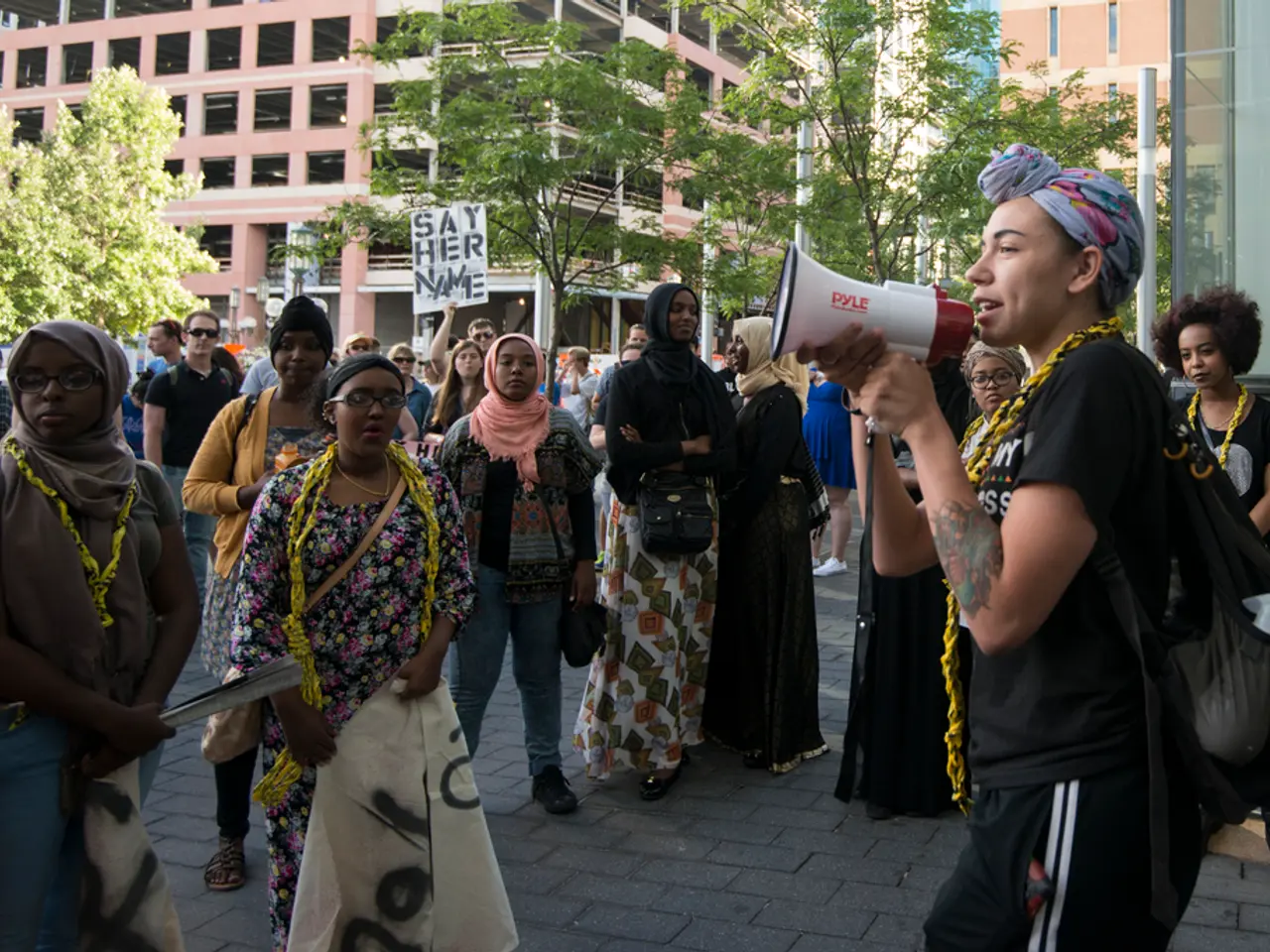Campus niqab restriction repeal ordered by court
In a landmark decision, the Supreme Administrative Court has ruled in favour of female students who wish to wear the niqab during university exams, overturning a previous ban that was supported by the Administrative Judicial Court. This ruling could have far-reaching implications for the interpretation and application of religious freedom in various contexts, particularly in educational institutions.
The decision marks a significant shift in the legal stance on the wearing of the niqab during university exams, potentially sparking further discussions and debates on religious freedom and dress codes in educational institutions. The ruling, which has been translated from the Arabic edition, is binding and must be implemented by universities across the country.
The complex and controversial nature of the niqab in educational settings stems from several factors. Debates often revolve around the balance between secular principles and religious freedom, identification and security concerns, cultural and social norms, and human rights and integration. In countries like Turkey, the debate has historically centred around headscarves, but similar debates might arise with the niqab due to its visibility and perceived implications on secularism.
In some institutions, concerns about identification and security are raised, particularly in controlled environments like exams. This is similar to public order and security arguments used in countries like Germany, where temporary bans on face coverings can be implemented.
Cultural and social norms also play a significant role in shaping attitudes towards religious clothing. In Denmark, for example, proposals have been made to ban burqas and niqabs in schools and universities, a move that critics see as targeting Muslim women. Supporters argue it's about defending democratic norms and gender equality.
Debates often touch on human rights and integration. Proponents of bans argue they promote integration and equality, while opponents see such policies as infringing on religious rights and cultural diversity.
The Supreme Administrative Court's ruling declares that women have the freedom to dress however they choose, a decision that could have broader implications for the interpretation and application of religious freedom in various contexts. This decision could potentially impact similar cases in other educational institutions, signalling a step towards greater religious freedom and acceptance in educational settings.
The Education Ministry previously prohibited female students from wearing the niqab during university exams. However, the Administrative Judicial Court's rejection of challenges to its decision has been reversed by the Supreme Administrative Court. This ruling, while significant, may not resolve the broader debates surrounding the niqab in educational settings. However, it does underscore the importance of upholding religious freedom and the right to personal expression, particularly in the context of education.
The Supreme Administrative Court's landmark ruling supporting female students' right to wear the niqab during university exams signifies a significant stride in the interpretation and application of religious freedom within educational institutions. This decision, alongside the ongoing debates on religious clothing, cultural norms, and secular principles, could potentially influence similar cases in other educational settings, further emphasizing the need for acceptance and religious freedom in learning environments.




